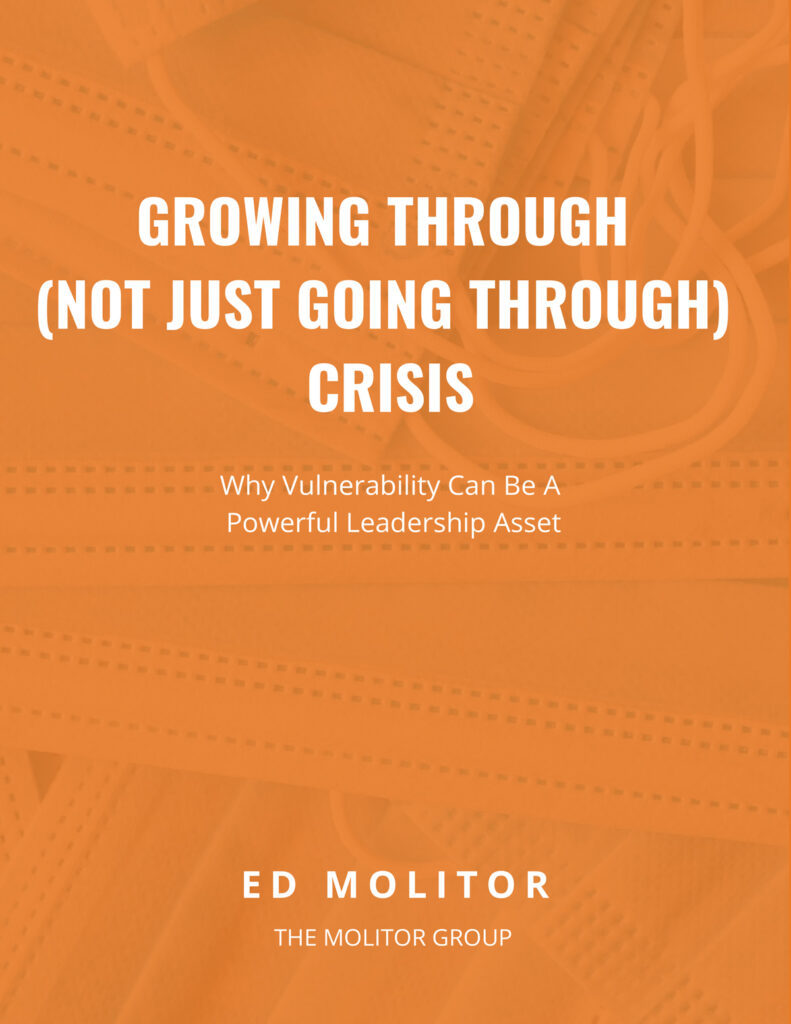Throughout my professional career, I have been around many, many great coaches and business leaders who have influenced and impacted me in such a way that the only way I could ever repay them is to pay it forward. Men and women who were committed to constant and consistent growth, and were always looking for ways to learn and improve.
They studied the game they coached, the industry they were in, and the people they led, and they believed with conviction in the power of sharing best practices with not only people of their industry but other industries as well. Being around the game of basketball all my life also means I was around a lot of trainers and hands down, the greatest trainer I have ever been associated with was my high school trainer John Derkits.

My junior basketball season in high school was not quite what everyone thought it was going to be as I spent a great deal of time in the training room.
First, I hyperextended my knee in the third game of the season which cause it to lock up for a couple of weeks and we got that sorted out. Then, and this is the one where I spent what seemed like every free moment of my day in the training room, I suffered a severely sprained ankle on…as you always hear….the last play of practice the night before a conference game.
It was so bad that we had a heck of a time getting my shoe off and the teammate that was trying to help me literally started to dry heave. That should have been a sign for what was to come of him in the off-season but that is another story!
The doctor wanted to cast it for six weeks but that was not going to happen. For the next six days, I lived in the training room. Before school, during study hall, after school during practice… heck, I even ate my lunch in there. It was brutal. Hot/cold treatment, ultrasound, ice tub, and exercises to break up the scar tissue that were brutal.
While I was in there though, something would happen regularly that caught my attention and piqued my curiosity.
An athlete would come in with an injury, John would ask him/her all sorts of questions and then get treatment started or tape it up as he saw fit and then treat it after their practice. After they would leave, or often, while they still sat there, he would go to his bookshelf and pull off one of a dozen athletic training books.
As a teenager, I found this odd as I just assumed he was supposed to know everything and that maybe he wasn’t so good at his job. But, as the years went on and I went to play at two and coach at five colleges I realized that this is what made him so good.
He wanted to see what he was working with, was there another way to treat it, what other muscles and joints would be impacted, and was there anything he might be missing.
John was trying to master his craft. He was living his life like a learning lab.
Nowhere I went, no matter what level of basketball as a player or coach, did I trust another trainer with their diagnosis and treatment like I did John. He truly cared about getting it right the first time so he could get you healthy and back doing what you love to do. He was studying his craft, constantly learning.
IF YOU ARE NOT LEARNING, YOU ARE DYING
You and I both know that if you are not learning you are dying. But let’s take a break from the catchy sayings for just a minute and dive into the reality of what treating your life like a learning lab (Steve White’s Pathway to Success #3) truly does for you:
- Turn mistakes and setbacks into opportunities
- Less likely to repeat mistakes
- More likely to make better decisions
- More willing to take risks!
- Develop humility and empathy
- Offers grace and builds trust
- The more we learn the more we realize how much there is to know
- Feels good as a lifestyle
- Encouraging, uplifting, and life-giving
As Steve points out, the real magic happens when we recognize the competitive advantage we gain as our commitment to the learning pathway leads to preparation that feeds our self-confidence and allows us to have that all-important fiercely independent mindset. He also adds that we’re humble enough to realize we don’t know it all but confident enough in what we do know to lean into it in unwavering but radically responsible ways.
There is way more to the commitment to learning than doing so just for the sake of gaining knowledge. Learn so that you can serve others, learn so you can put your people in the best position possible to be successful, and learn so you can consistently achieve VICTORY at the highest level.
Keep doing great things,
![]()
This was originally published as a weekly newsletter from Ed Molitor, with The Molitor Group. If you’d like to receive the weekly newsletter, follow this link to subscribe.




